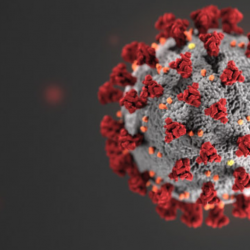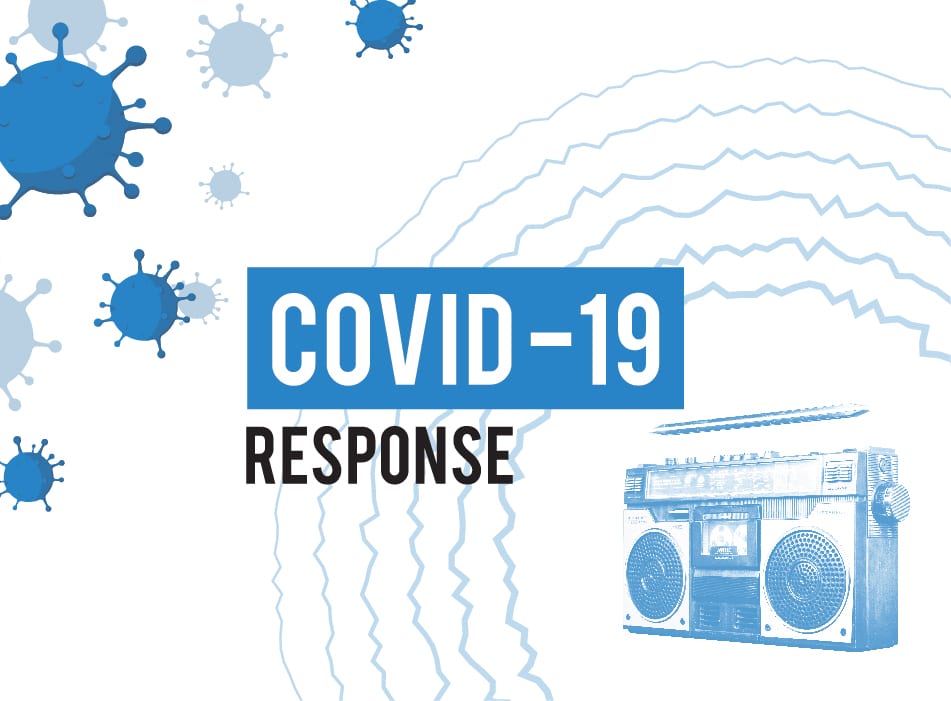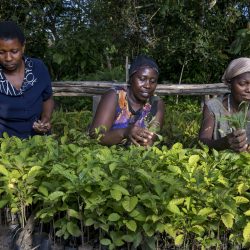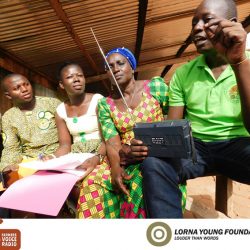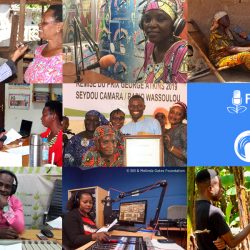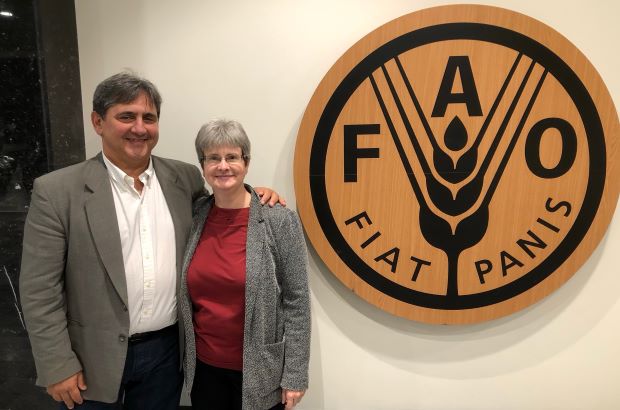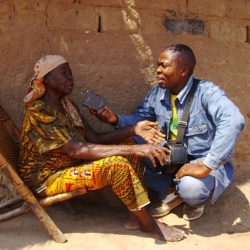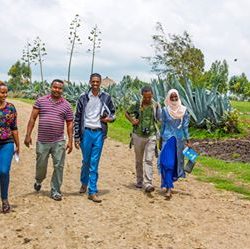Resources for communicating about COVID-19
In times of crisis, communication is more important than ever. There is an immense amount of information available on coronavirus and COVID-19, but how do we best communicate it? Here are some resources to guide you. It’s important that communicators use the right words and address the right issues so that people understand the disease and the actions to take to slow its spread. Communicators can not only contribute to

